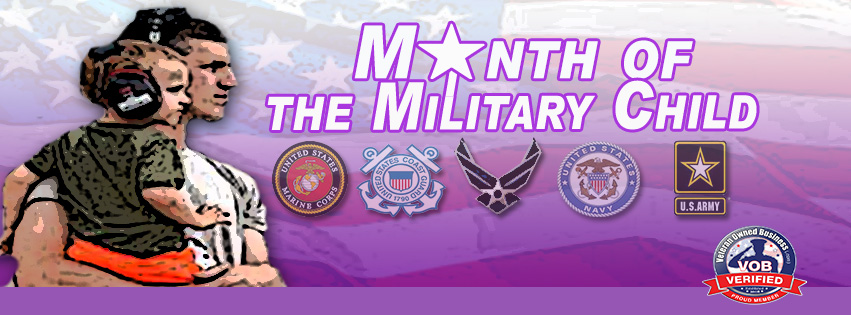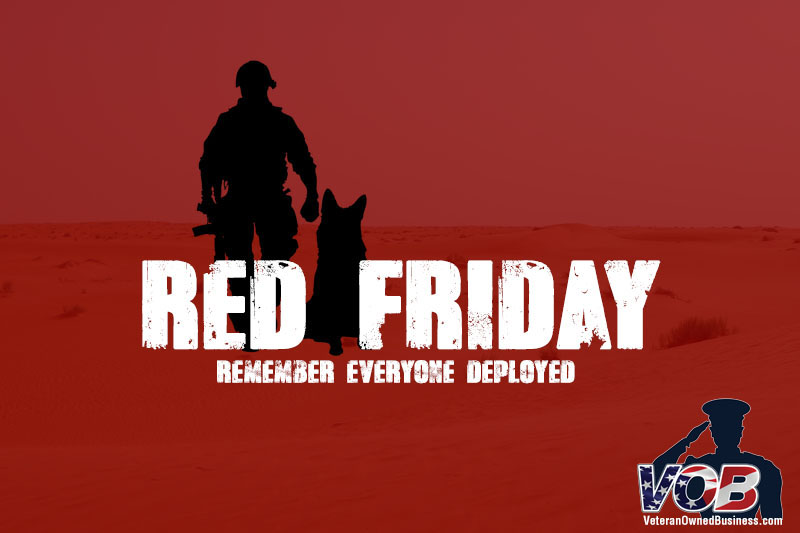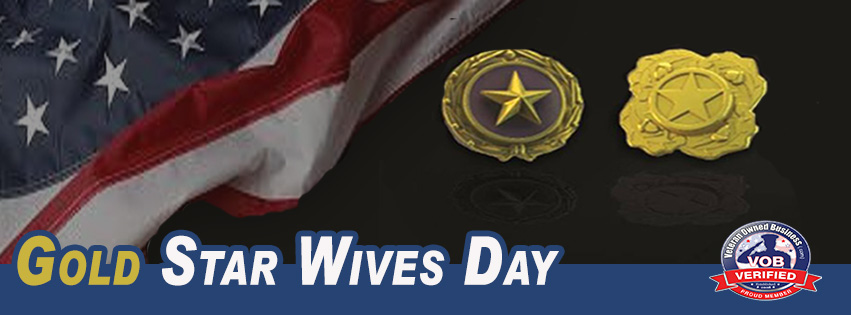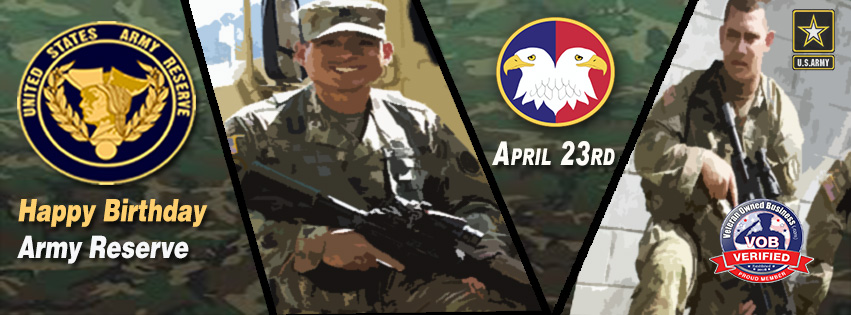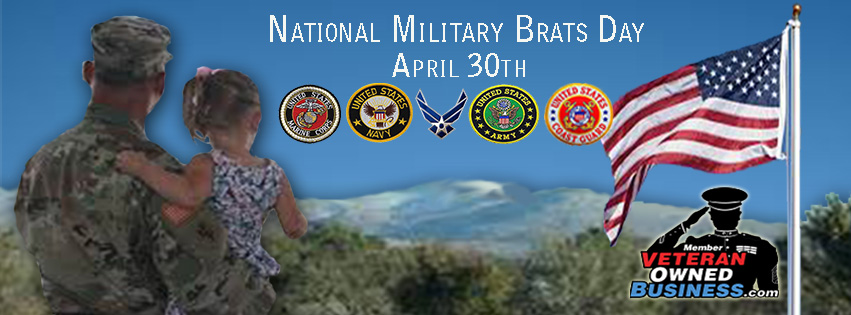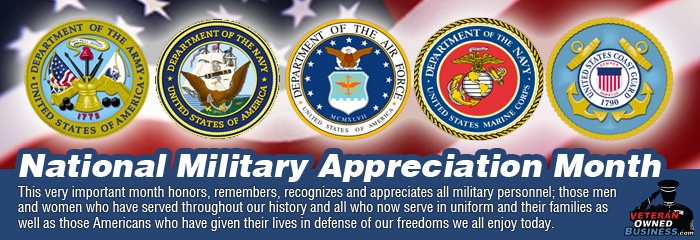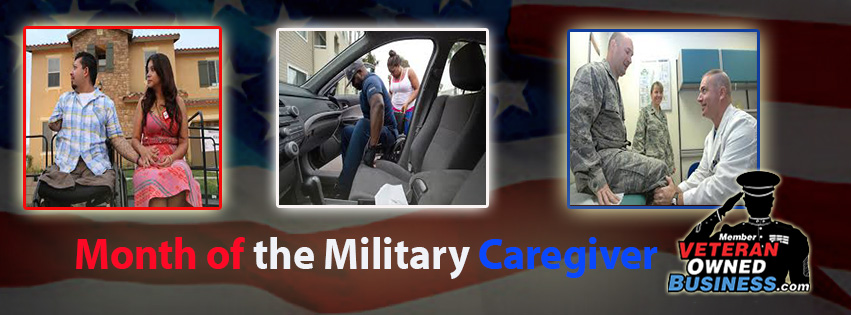June 27th is National Post Traumatic Stress Disorder (PTSD) Awareness Day
June 27th is PTSD Awareness Day
(PTSI and TBI)
The United States Senate has unanimously approved legislation authored by Senator Kent Conrad designating June 27, 2012 as National PTSD Awareness Day. Click here to view our PTSD Resources Section.
The event is part of Senator Conrad’s continuing efforts to bring greater awareness to Post Traumatic Stress Disorder (PTSD), a severe anxiety disorder often associated with having experienced the trauma of combat.
For the third year in a row the Senate passed Senator Conrad’s resolution designating June 27 as National Post Traumatic Stress Disorder Awareness Day. The day is intended bring greater awareness about PTSD and help eliminate the stigma surrounding mental health issues.”National PTSD Awareness Day should serve as an opportunity for all of us to listen and learn about post-traumatic stress and let all our troops — past and present — know it’s okay to come forward and ask for help,” Senator Conrad said.
The Senator is encouraging individuals and veterans’ organizations across the country to use June 27 as a day devoted to promoting greater awareness of PTSD as well as its treatment and research.
Senator Conrad developed the idea for a National PTSD Awareness Day in 2010 after learning of the efforts of North Dakota National Guardsmen to draw attention to post-traumatic stress by paying tribute to their fallen friend, Staff Sgt. Joe Biel, who served in the 164th Engineer Combat Battalion. Biel suffered from PTSD and took his life in April 2007 after returning to North Dakota following his second tour in Iraq.The date for National PTSD Awareness Day — June 27 — was inspired by the birthday of Staff Sgt Biel.
The Department of Defense has stated that more than 90,000 service members have been clinically diagnosed with PTSD since 2001 and the Veterans Administration (VA) has treated more than 217,000 veterans from Afghanistan and Iraq for PTSD. And many cases of PTSD remain unreported.
To learn more about post-traumatic stress and locate facilities offering assistance, visit Veteran Owned Business’ PTSD Resources list.
12 Ways Community Members Can Help
- Watch videos in AboutFace, an online gallery dedicated to Veterans talking about how PTSD treatment turned their lives around.
- Think broadly. When trauma happens, family, friends, coworkers and community are affected too.
- Learn about common reactions to trauma and readjustment after war to life at home.
- Be aware of where to get help for PTSD, including specific resources for Veterans.
- Expand your understanding of how PTSD is identified (assessed) and treated.
- Know that treatment for PTSD can help.
- Ask if talking would help, but do not push if someone is not ready to discuss their trauma.
- Realize that getting people to talk or seek help from a therapist is not always easy. Your encouragement matters. Families of Veterans can reach out to Coaching Into Care for help finding the right words.
- Know the facts. More than half of US adults will experience trauma in their lifetime. About 7 out of 100 will get PTSD at some point. For Veterans and people who have been through violence and abuse the number is higher.
- Connect with self-help resources, apps, and videos about PTSD.
- Share handouts, brochures, or wallet cards about trauma and PTSD.
- Keep informed through the VA’s PTSD Monthly Update, Facebook, and Twitter.
Make the Connection is a public awareness campaign by the U.S. Department of Veterans Affairs aimed at helping Veterans overcome and seek treatment for mental health conditions. The campaign provides extensive resources for Veterans suffering from post traumatic stress, including:
- VA approved treatment and support resources
- Hundreds of video testimonials from Veterans who overcame PTSD
- Information on how to recognize PTSD and seek treatment
If you are in crisis, please call 911, go to your nearest Emergency Room, or call 1-800-273-8255 (TALK)(Spanish/Español 1-888-628-9454). NOTE: Veterans, press “1″ after you call — or Veterans can chat live with a crisis counselor at any time of day or night.






